The Healthcare Vision of ChatGPT-4o and Multimodal LLMs
The Medical Futurist
JUNE 21, 2025
Current medical AIs only process one type of data, for example, text or X-ray images. To diagnose and treat a patient, a healthcare professional listens to the patient, reads their health files, looks at medical images and interprets laboratory results. AI used in the hospital.

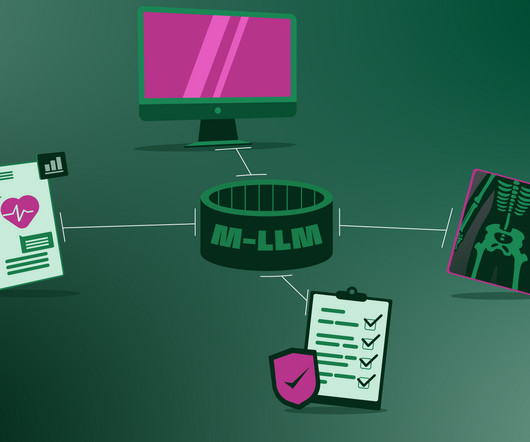
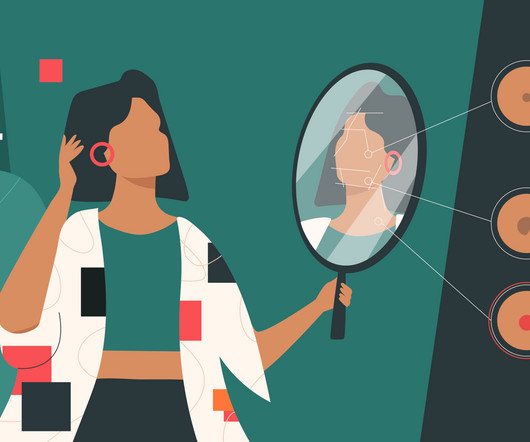
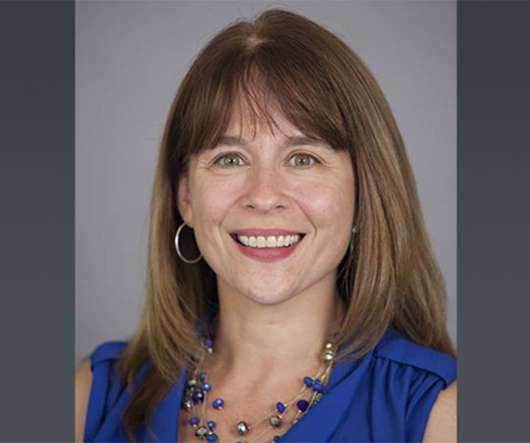



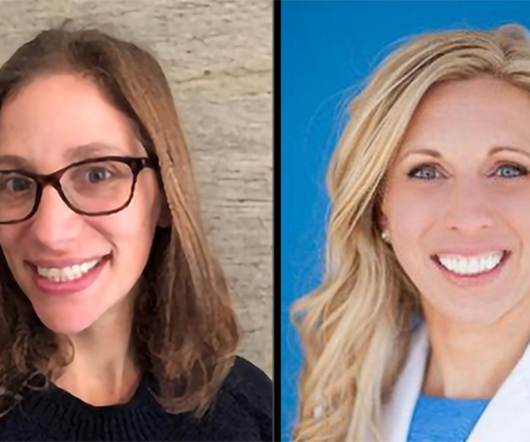
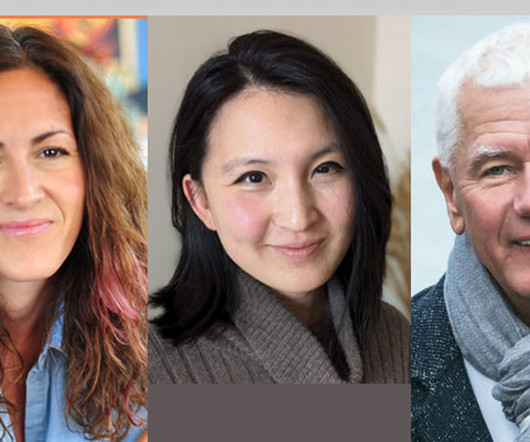

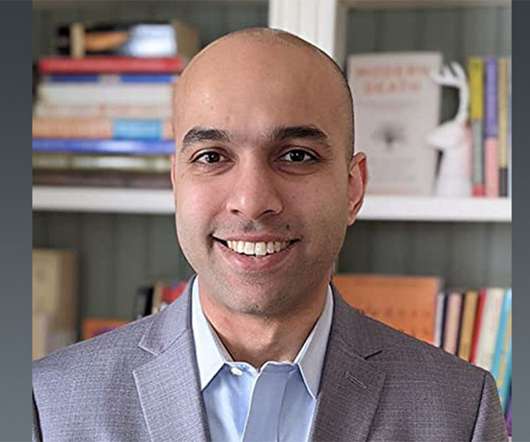






Let's personalize your content